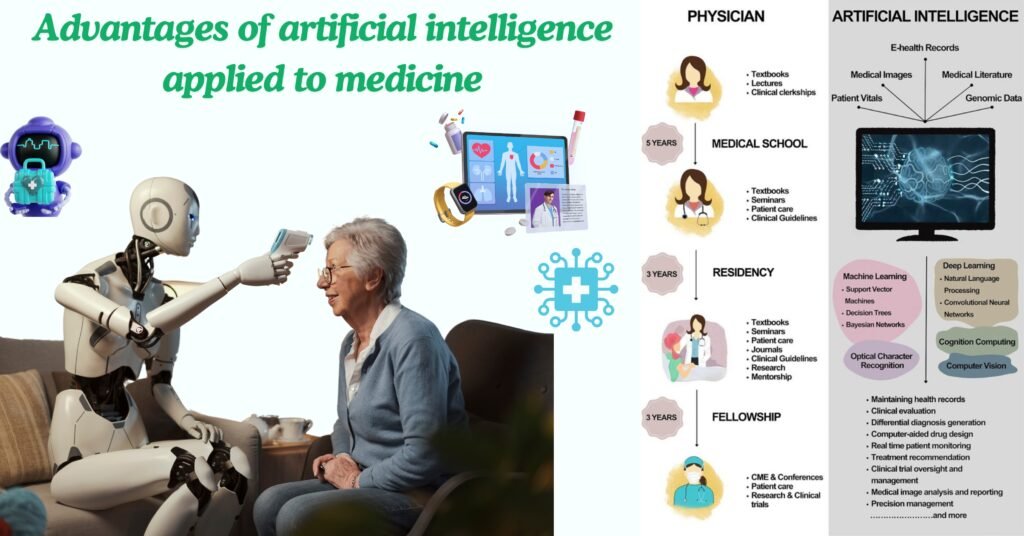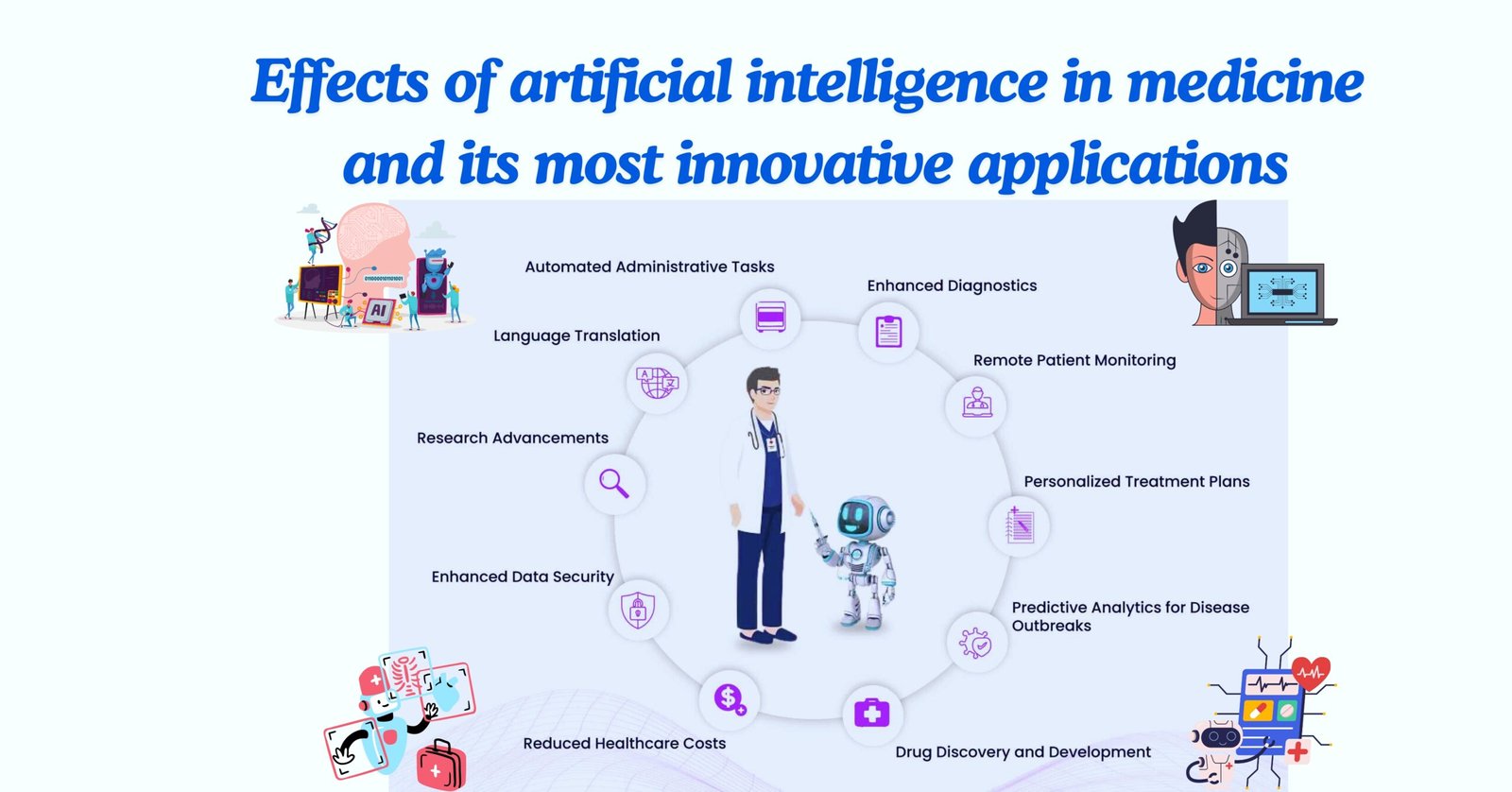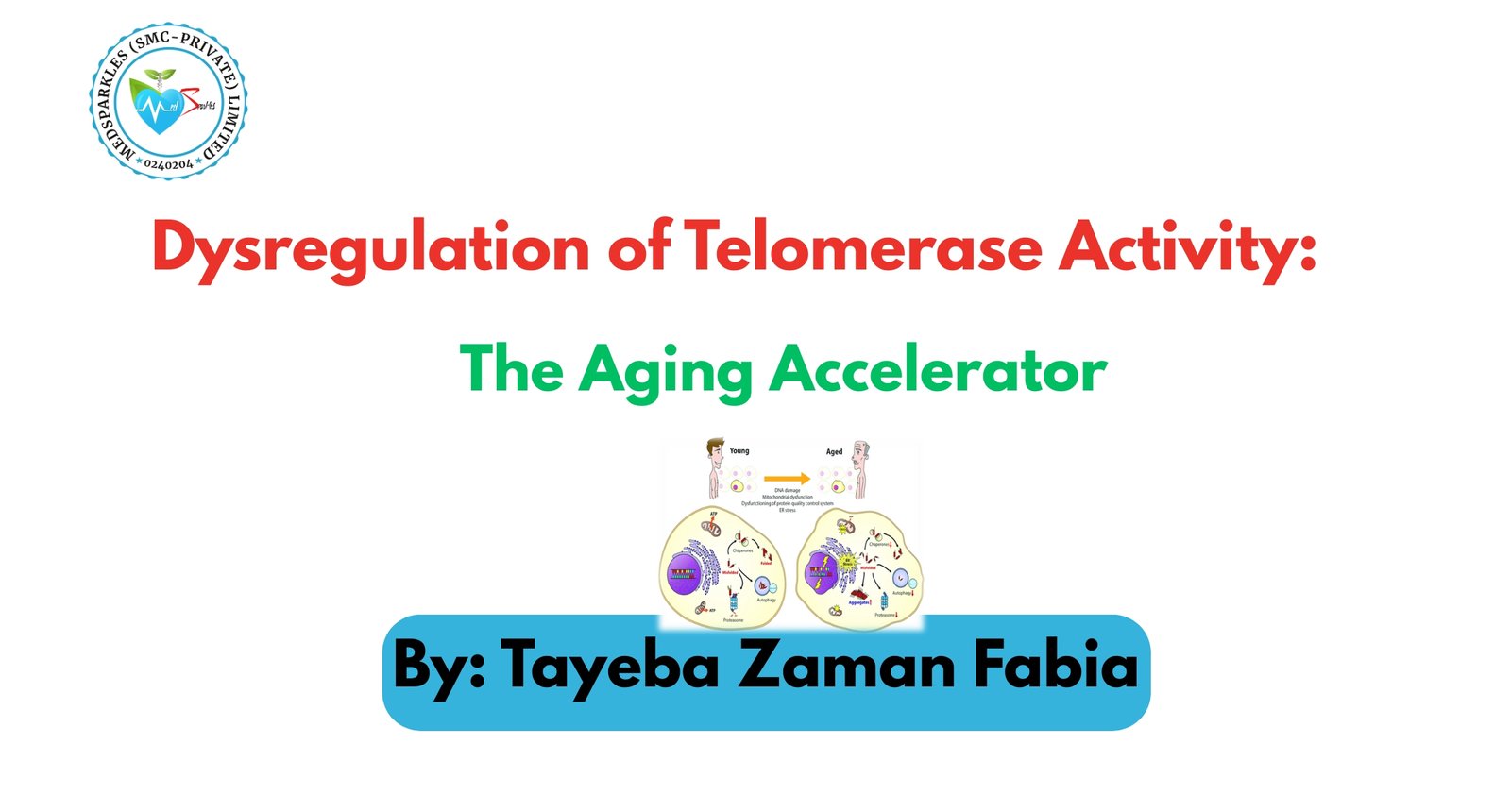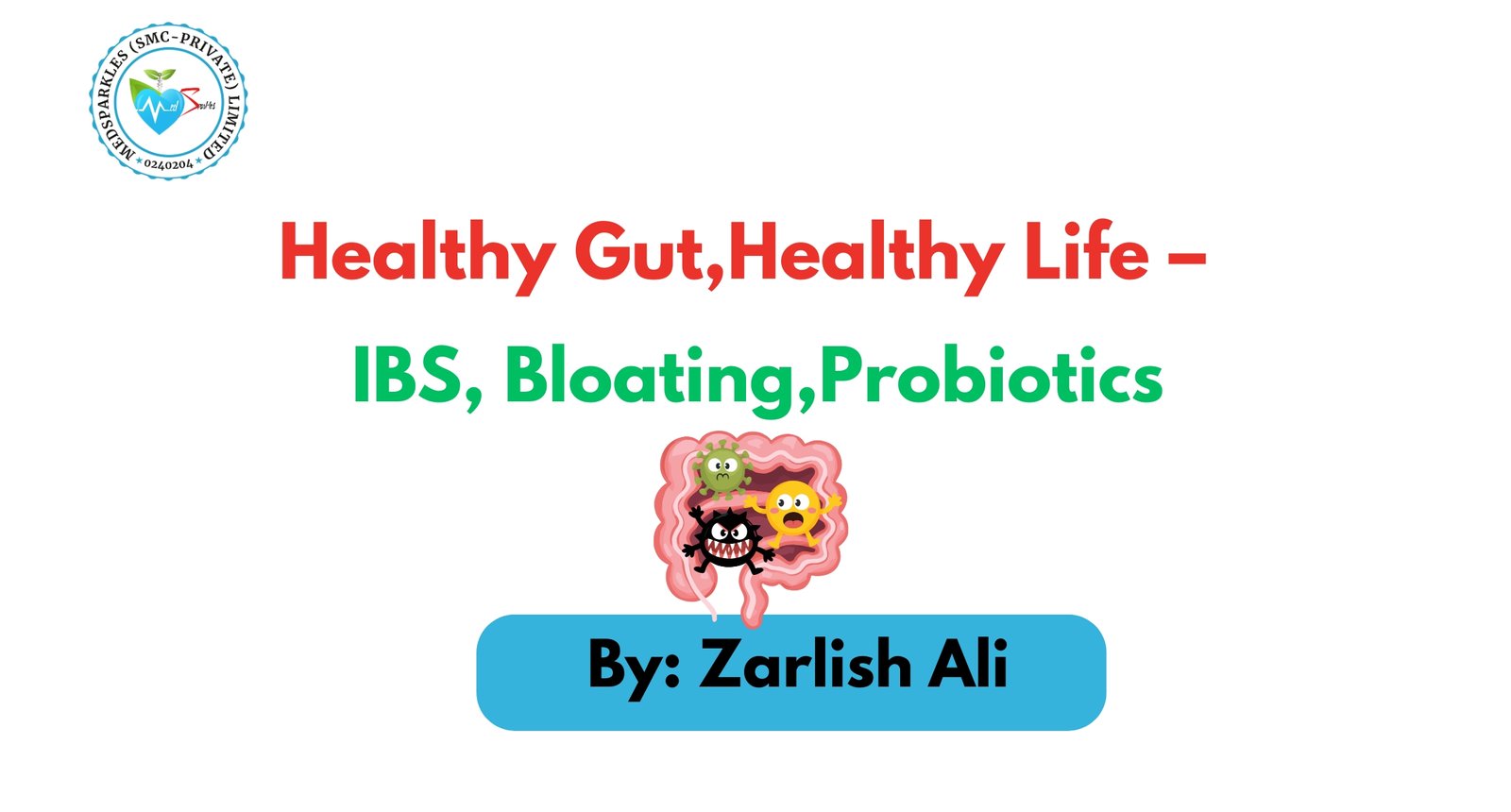The use of artificial intelligence in medicine is growing, as it provides many facilities when it comes to monitoring patients remotely or through imaging diagnosis, among other uses. In fact, according to a report by CB Insights , 86% of healthcare provider organizations use artificial intelligence (AI).
It is also expected that by 2025 there will be AI systems that can respond to specific patient questions and facilitate health management in the population through the use of digital avatars . A use that is currently restricted to the academic field, but which is expected to be very useful together with the application of augmented reality.
Artificial intelligence in medicine
This type of technology is becoming more and more common. Thanks to AI , it is possible for machines to evaluate and analyse data to carry out tasks in the same way as a human being does. To do this, techniques such as machine learning or deep learning are used . In this way, new knowledge is incorporated and processed based on the designed algorithms.

In the field of medicine, this technology is particularly relevant because it allows the processing and analysis of medical data to improve healthcare management . It also facilitates diagnosis and could even improve patients’ health problems. This is possible thanks to the ability of AI to detect certain health patterns, which would be very useful for speeding up the solution to certain medical problems.
AI is disrupting the paradigm of the sector from different perspectives. A clear example is the processing of medical data. Thanks to its high processing capacity, it is possible to make medical diagnoses with greater precision and detect pathologies with small margins of error.
Real applications of artificial intelligence in medicine
AI can be applied in virtually all fields of medicine, as it is a support tool for healthcare personnel that complements and improves their work. To illustrate all the advantages mentioned above that are already present in this field, below are some examples of applications that AI has in medicine.
1. Medical and imaging analysis
One of the most important advantages of AI is the speed with which it can process large amounts of data. This is especially relevant when analysing different medical tests (MRIs, genetic studies, etc.).
In fact, thanks to the increase in electronic records due to the collection made with sensors and wearable devices, a greater amount of data is available that, thanks to AI, can be processed and analyzed.
2. Medical diagnoses
This is another of the most interesting applications, as data can be analysed to make accurate and early diagnoses. Its usefulness in this regard is beyond any doubt, especially for diseases that develop very quickly , such as some degenerative pathologies or certain types of cancer. By identifying them in time, treatment can begin earlier and stop their progression.
A clear example of the effectiveness of this field is its application in cases of breast cancer. Thanks to artificial intelligence, early detection systems have been developed that allow effective mammograms to be performed in the earliest stages of the disease, as well as improving the precision of radiologists.
3. Pharmacological treatments
In the field of pharmacology, AI also offers numerous advantages, as it facilitates the work of researchers when analyzing genetic sequences to find suitable vaccines or solutions for different technologies. Indirectly, it could be said that millions of lives have been saved through this application of technology.
4. Genetics
This is another field that will benefit the most from the application of AI in the future. There are already tools that demonstrate this, such as the mobile application that, through a facial recognition system, allows the detection of rare diseases and genetic disorders . A simple photograph is enough for this technology to process a database of up to 8,000 different diseases.
5. Pregnancies
Thanks to the application of AI during pregnancy, the vision of the fetus is much greater. This allows, together with a detailed analysis of the data, to easily obtain large amounts of data on the state of the pregnancy in real time. This application makes it possible to enjoy safer pregnancies and dispense with invasive procedures to identify malformations.
6. Prosthesis
Smart prostheses are those that learn from the person wearing them, so that they adapt much better to their needs and movements. These are mechanical appendages that not only replace a body part, but also memorize the person’s movement patterns and can be controlled by an application.
7. AI-assisted robotic surgery
Robotic surgery systems, such as da Vinci, use AI to provide surgeons with greater precision and control during complex procedures. These systems allow for minimally invasive surgeries, reducing recovery time and the risk of complications. AI can also analyze data from previous surgeries to optimize techniques and predict potential complications during the procedure.
8. Telemedicine and Virtual Assistance
AI-powered chatbots and virtual assistants can provide basic medical care, answer common health questions, and help patients manage their health from home. During the COVID-19 pandemic, these tools were essential for remote symptom monitoring and providing remote medical assistance.
9. Hospital management and resource optimization
AI can optimize the management of hospitals and clinics by predicting patient influx and adjusting resource allocation in real time. This is crucial to avoid saturation during times of high demand, such as during disease outbreaks. Additionally, AI can help manage the inventory of medical supplies, ensuring that critical medications and equipment are always available.
10. Rehabilitation and physical therapy
AI devices are being used in rehabilitation to personalize physical therapy programs based on individual patient progress. These systems can automatically adjust exercises and therapy intensity based on the patient’s needs. AI is also present in robotic exoskeletons that assist patients with spinal cord injuries or strokes, facilitating the recovery of mobility.
11. Prevention of epidemics
Predictive AI models are capable of analyzing large epidemiological data sets and detecting patterns that could indicate the start of an epidemic. These systems can alert public health authorities to take preventive measures before the disease spreads widely. During the COVID-19 pandemic, AI was used to track the spread of the virus and model future scenarios, helping with emergency response planning.
12. Mental health
AI is also being applied in the field of mental health, for example, through mobile apps that use machine learning techniques to detect symptoms of depression or anxiety in users. These apps can offer immediate interventions, such as breathing techniques or cognitive-behavioral exercises. In addition, AI algorithms can analyze voice data and behavioral patterns on social media to identify people at risk of mental disorders or suicidal tendencies.
13. Fraud detection in health insurance
Insurers are using AI to detect fraud in medical claims by analyzing unusual patterns in data that could indicate fraudulent activity. This helps reduce costs and ensure resources are used appropriately.
AI can also automate claims review, speeding up the process for patients and healthcare providers.
14. Clinical research and clinical trials
AI is used to select participants in clinical trials, identifying the most suitable candidates based on their medical history and genetic characteristics. This increases the efficiency of trials and improves the quality of results. AI algorithms can also analyse data generated during clinical trials to quickly identify the effectiveness of treatments and any side effects.
15. Clinical decision support
AI supports physicians in clinical decision-making by providing recommendations based on analysis of patient data, clinical study results, and medical literature. This is especially useful in complex cases where multiple factors must be considered. AI systems can suggest personalized treatments, adjust drug doses, or even propose therapeutic alternatives based on the latest evidence.
Advantages of artificial intelligence applied to medicine

Artificial intelligence (AI) is revolutionizing medicine with its innovative and effective applications. Its integration into the healthcare field has been shown to offer numerous advantages and benefits, including:
1) Improving the quality of life of dependent and elderly people
- AI systems can help monitor and assist elderly or disabled people, making their daily lives easier and increasing their autonomy.
- Virtual assistants and companion robots can provide emotional and social support, reducing loneliness and improving mental well-being.
2) Offering an accurate and faster diagnosis
- AI algorithms can analyze large volumes of medical data, such as MRI images or CT scans, to detect abnormalities with greater accuracy than the human eye.
- AI can identify patterns in data that might otherwise go unnoticed by doctors, allowing for earlier and more accurate diagnoses.
3) Speed up research times for the development of new drugs and for specific diseases
- AI can speed up the drug discovery process by analyzing millions of compounds and predicting which ones might be effective against a particular disease.
- It also helps to personalize treatments based on each patient’s genetics, improving effectiveness and reducing side effects.
4) Improving the control and monitoring of chronic patients through electronic devices and wearables
- AI-equipped wearables can continuously monitor a patient’s health, recording parameters such as blood pressure, heart rate, or glucose levels.
- This allows for real-time adjustments to treatment and sends alerts to physicians if problems are detected, improving chronic disease management.
5) Easing the workload of medical professionals
- AI can automate administrative and repetitive tasks, such as managing medical records or scheduling appointments, allowing doctors to spend more time on direct patient care.
- AI systems can also assist in clinical decision-making, providing recommendations based on the latest scientific evidence.
6) Personalization of treatments and precision medicine
- By analyzing large amounts of genomic data, AI can help design personalized treatments that fit the individual characteristics of each patient.
- This not only improves the effectiveness of treatments, but also minimises adverse effects.
7) Disease prevention and health promotion
- Predictive AI models can identify risk factors in patients and suggest preventative interventions before a disease develops.
- It can also assist in public health campaigns by analyzing epidemiological data and predicting disease outbreaks.
8) Improving accessibility and equity in health care
- AI can facilitate access to diagnostics and treatments in remote or resource-limited regions through telemedicine and remote analysis.
- This helps reduce health inequalities and ensures that more people receive timely medical care.
All these examples are just a few examples of how artificial intelligence can improve any area of medicine and health. It can interpret radiological images, facilitate the discovery of new drugs, analyse a patient’s genome… But it is also of great help in optimising available healthcare resources, as those tasks that are most often repeated can be automated.






